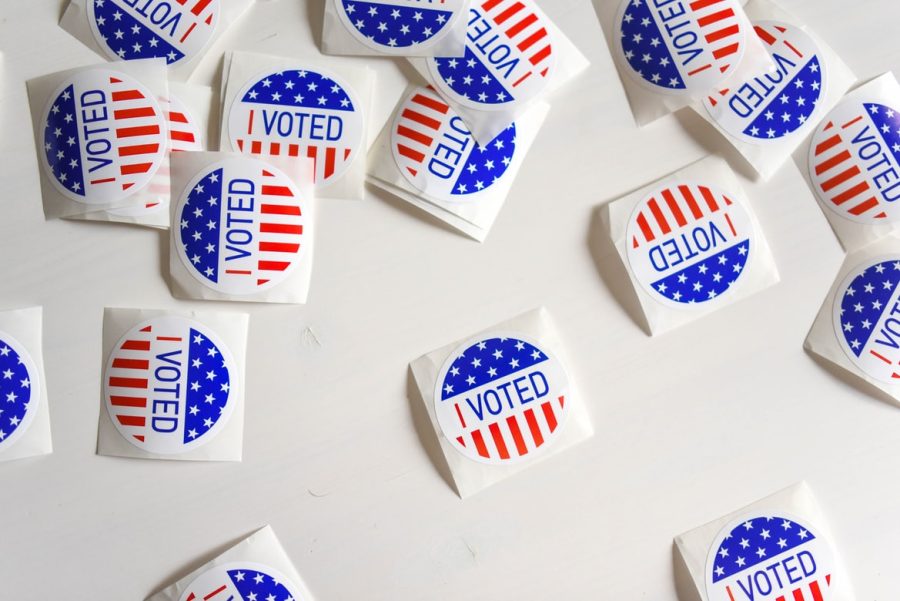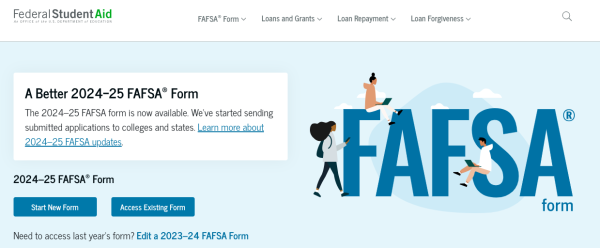Preparing to vote: A guide to your Michigan midterm ballot
ALL IN will help to make voting-related information accessible for Calvin students, Witte said.
On Nov. 8, Michigan will have its midterm election. Here’s what students planning to vote can expect to see on their ballots.
Issues on the ballot
During midterm elections, Michigan voters elect a governor, a secretary of state and other state officials, such as members of state legislature, judges, and state and local school board representatives. Each district also elects a representative for Congress.
On this year’s ballot, there are also three proposals for amendments to the state constitution. While laws and constitutional amendments are usually passed through state legislature, they can also appear on ballots to be decided by popular vote if they receive enough signatures before a certain date. Proposal 1 is the product of a bipartisan activism group; Proposal 2 was created to address issues which arose in the 2020 election; Proposal 3 is a response to the repeal of Roe vs. Wade.
“It’s a way for the public to have a direct impact on the laws of the state,” said Michael Dirkensen, professor of political science.
The proposals up for a vote next week are as follows.
Prop 1
Proposal 22-1 would change term limits in Michigan from six years as a state representative and eight years as a state senator to 12 years total in either house. It would also require certain state officials to file public financial disclosures. This kind of financial disclosure is a common requirement for elected officials in other states.
“I think Michigan’s one of only a couple states that doesn’t have that requirement to release their finances,” said Mark Hessler, professor of political science.
Prop 2
Proposal 22-2 covers voting rights and procedures. Several of the proposal’s nine clauses reflect issues or changes that arose during the 2020 election. The proposal would solidify expanded absentee voting eligibility, early in-person voting and ballot drop-boxes.
It would also clarify that only election officials can conduct audits, and that only official voting records can be used to certify election results. This proposition aims to remedy inconsistencies in district certification processes which were exploited in 2020; “You had certain districts certifying prematurely, or perhaps refusing to certify,” said Dirkensen.
Other clauses require overseas ballots to be counted, allow voters to verify identity with a photo ID or signature, and permit the use of publicly disclosed donations to fund elections.
“There are things that it changes that are kind of more fluffy, and there things that it changes that have a lot of substance to them,” said Dirkensen.
Prop 3
Proposal 22-3 would give individuals the right to make all decisions regarding pregnancy and abortion. According to Dirkensen, it received more signatures than any other ballot initiative in Michigan history.
However, the proposal has also received opposition. Organizations such as Right to Life of Michigan have claimed that passing the amendment could do away with licensing standards for those performing abortions.
Dirkensen said these claims were “a little more hysterical,” but they reflect concerns regarding the proposal’s lack of definition of terms such as ‘“physical or mental health” and “medical professional.”
“One of the interesting components of this law is … that it is kind of vague on these points,”
said Dirkensen.
More information on upcoming elections — including a list of candidates and the full text of the proposals — can be found at www.michigan.gov/sos/elections. Students should read the proposals for themselves before the election.
“As a voter, the key is to just go in and make sure you’re reading each proposal, and reading them thoroughly,” said Hessler.
This article is not intended as a comprehensive voter’s guide.
Ways to vote
Most on-campus students who are U.S. citizens can choose to vote from either their home address or their Calvin address. While the deadline to register online has passed, students can register in-person at the Grand Rapids City clerk’s office (300 Monroe Ave. NW) as late as Nov. 8 to vote in the upcoming election. Those who take this path should bring proof of residency such as a paycheck — physical or digital — when they register.
The polling location for those voting in-person from their Calvin address is at Woodlawn CRC (3190 Burton St SE), according to Joel Hondorp, city clerk of Grand Rapids. The polls will be open from 7 a.m. until 8 p.m.
Those voting absentee from their Calvin address can submit their ballot at the city clerk’s office or at an official drop box until 8 p.m. on Nov. 8.






